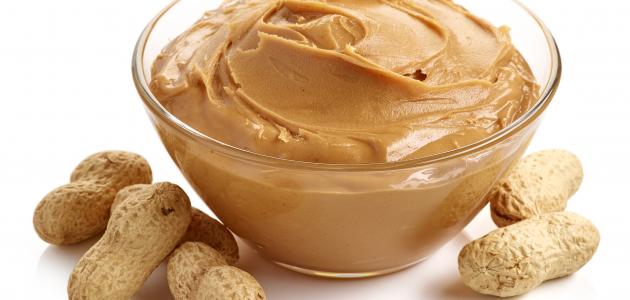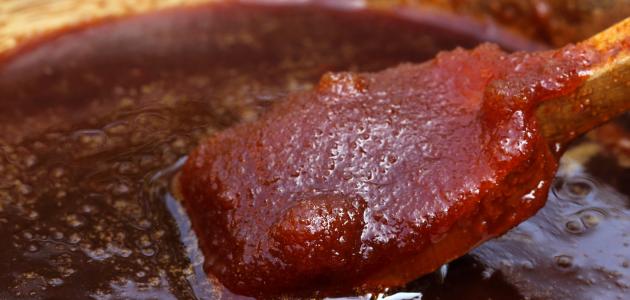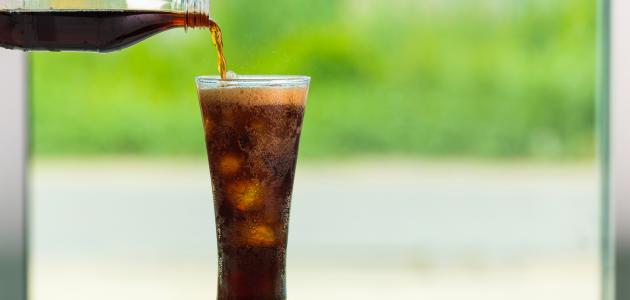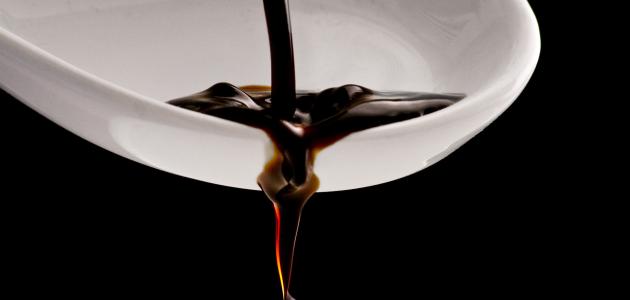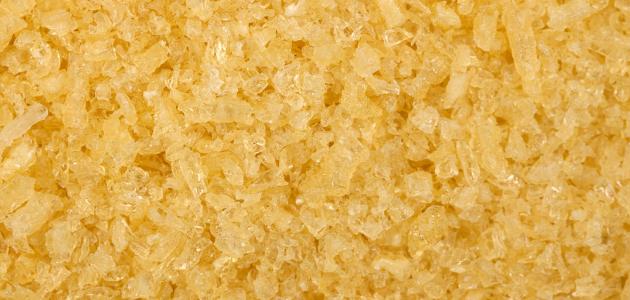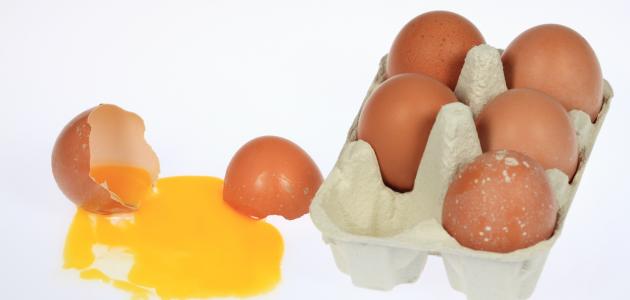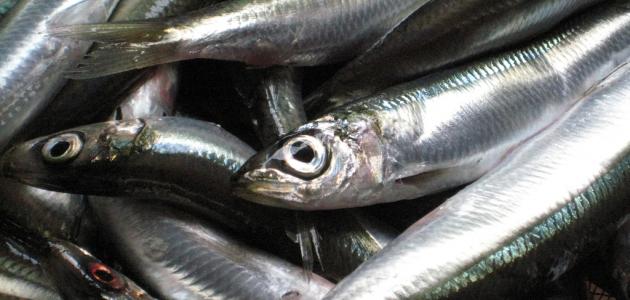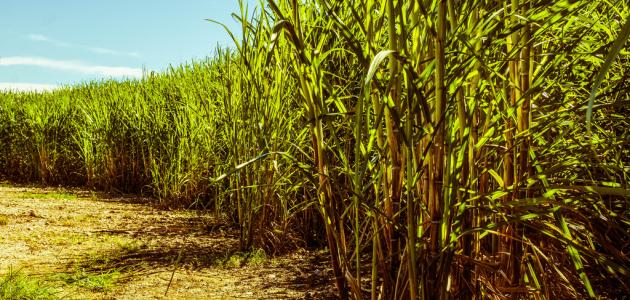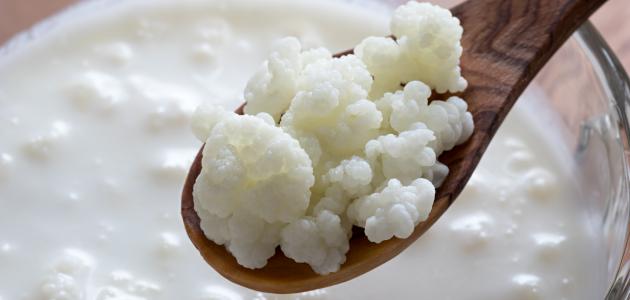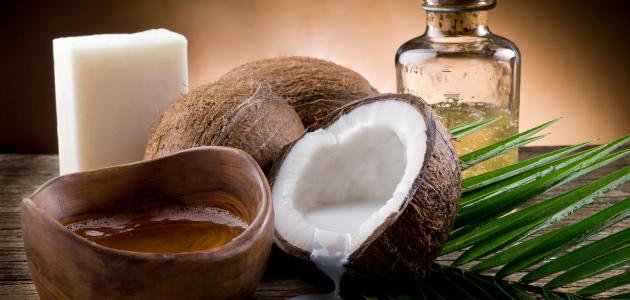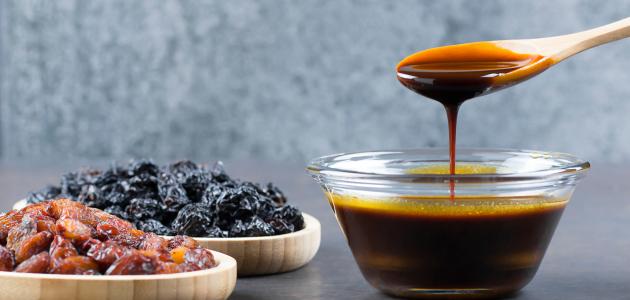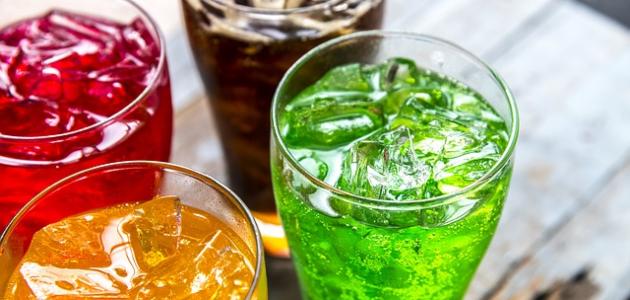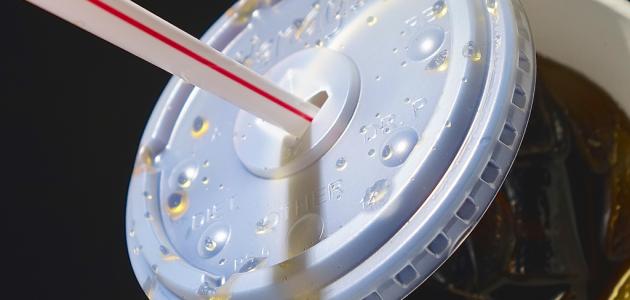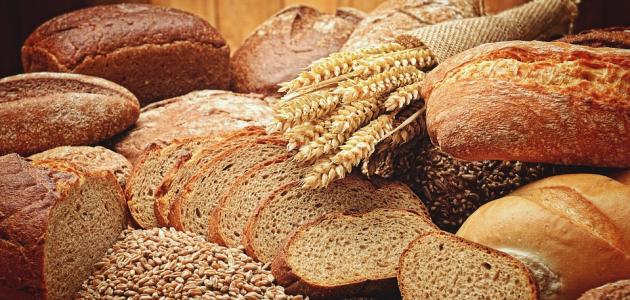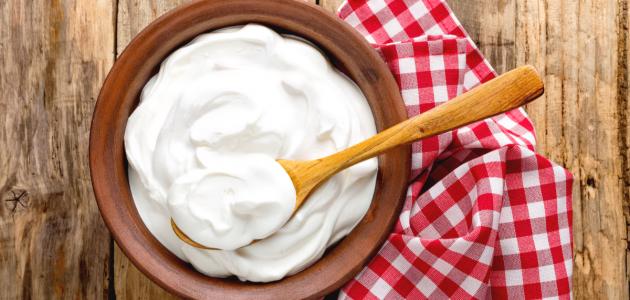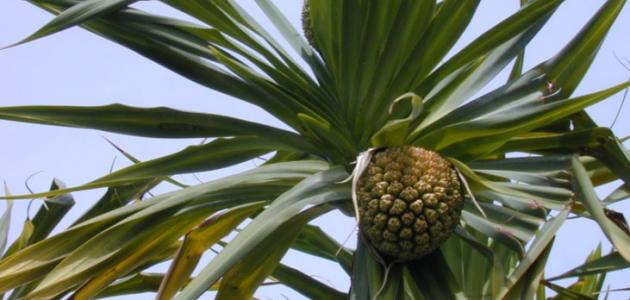Contents
peanut butter
Peanut butter or peanut butter , it is roasted and ground peanut seeds, which when crushed into a paste, and this butter in general is a food that is not subjected to many manufacturing processes, but some commercial types contain Lots of additives, like sugar, vegetable oils, and trans fats. [1] It should be noted that several factors determine the color, flavor, and texture of peanut butter, including: the quality of the peanuts used to make the butter, the method of roasting it, the temperature used, and the method of grinding it as well. [2]
The nutritional value of peanut butter
The following table shows the value of the nutrients in 100 grams of peanut butter: [3]
| The foodstuff | Nutritional value |
|---|---|
| water | 1.23 ml |
| Calories | 598 Calories |
| Protein | 22.21 grams |
| Carbohydrates | 22.31 grams |
| Fiber | 5 grams |
| Sugars | 10.49 grams |
| Total fat | 51.36 grams |
| Saturated fat | 10,325 grams |
| Monounsaturated fats | 25.941 grams |
| Polyunsaturated fats | 12.535 grams |
| Calcium | 49 milligrams |
| Iron | 1.74 milligrams |
| magnesium | 168 milligrams |
| Phosphorous | 335 milligrams |
| Potassium | 558 milligrams |
| Sodium | 426 milligrams |
| Zinc | 2.51 milligrams |
| Copper | 0.422 milligram |
| Vitamin E. | 9.1 milligrams |
| Vitamin B1 | 0.15 milligram |
| Vitamin B2 | 0.192 milligrams |
| Vitamin B3 | 13,112 mg |
| Vitamin B6 | 0.441 milligram |
| Folate | 87 micrograms |
The benefits of peanut butter
Peanut butter ingredients from the nutrients
Peanut butter is a rich source of many essential nutrients, of which the following are mentioned:
- A rich source of antioxidants: Peanut butter is very rich in antioxidants, including what is known as P-coumaric acid, which may help reduce arthritis in mice, and it also contains resveratol, which is associated with reducing the risk of heart disease . And other chronic diseases in animals. [1]
- A rich source of minerals and vitamins: Peanut butter contains good amounts of vitamins and minerals, including the following: [4]
- Magnesium, one serving of peanut butter contains 57 milligrams of magnesium, which helps cover the recommended daily amount of magnesium, which is equivalent to about 400 to 420 milligrams for men, and 310 to 320 milligrams for women, and magnesium is important for health, as it has a role in More than 300 chemical processes in the body.
- Phosphorous, as one serving contains 107 milligrams of phosphorus, which is equivalent to 15.3% of the recommended amount for adults, which is equivalent to 700 milligrams, as phosphorus is a mineral that helps build healthy body cells and bones, and helps cells produce energy.
- Zinc, providing one of the butter quota peanuts 0.85 milligrams of zinc, equivalent to 7.7% of the recommended intake daily by men, which is equivalent to 11 mg, and 10.6% for women, which are equivalent to 8 milligrams and is zinc essential to the immunity of human body, and has a role In the manufacture of proteins, and the formation of DNA.
- Niacin, as peanut butter contains 4.21 milligrams, which contributes to covering approximately 14 to 16 milligrams of the recommended amount of niacin, and this vitamin is useful for digestive function, nerves, and helps the body produce energy.
Scientific studies on the benefits of peanut butter
- A study published in the Journal of JAMA Network in 2002, was conducted on a group of women between the ages of 24 and 59 years with no history of diabetes, cardiovascular disease, and they were followed for 16 years, and it was noted that the consumption of peanut butter reduced the risk of infection. Type 2 diabetes in these women, and in order to avoid increasing the consumption of calories, it can be eaten regularly as an alternative to processed grains or processed red meat. [5]
- A study published in Cancer Causes and Control in 2018, which was conducted on 62,573 women, aged between 55 and 69 years, with a follow-up of 20 years, that eating nuts and peanuts may be inversely related to breast cancer , but no effect of consumption of peanut butter has been shown. . [6]
Benefits of peanut butter for children
Usually, all children like to eat peanut butter, which is a good option as a healthy snack, as it is rich in vitamin E , which is an antioxidant that protects nerve membranes, and also contains thiamine, which is important for brain health, in addition to glucose, which gives the body energy. [7] It should be noted that peanut butter may be an allergy-causing food for infants, and some parents may fear introducing it to their children at an early age, but recent research recommends introducing peanut butter to the diet of children from 4 to 6 months, or at 11 months of age. At the very least, it is believed that this could prevent the development of a peanut allergy in infants. [8]
The benefits of peanut butter for weight
Eating peanut butter in moderation might reduce appetite. As the high fat content of peanut kernels promotes the feeling of satiety, and for weight loss it is recommended to choose the types of peanut butter that are less in sodium and added sugars, and it is better to search for organic types of them, and it is worth noting here that peanut butter alone will not cause weight loss , weight loss . It needs to burn more calories than the body consumes, by paying attention to the quantities of food eaten and exercising. [9]
For more information on the relationship of peanut butter to weight, you can read the article on the benefits of peanut butter for diet .
Harmful peanut butter
Eating peanut butter in moderation is not likely to cause significant side effects, but it should be noted that it may contain compounds called aflatoxins, which are toxic compounds produced from a type of mold and are associated with an increased risk of liver cancer, and from On the other hand, it is believed that peanut manufacturing processes reduce the amount of aflatoxin present by 89%. [1]
It should also be noted that people who suffer from allergies to peanuts should avoid any product that contains peanuts, and the symptoms caused by this allergy: vomiting, stomach bugs, diarrhea, difficulty breathing, weak pulse, pale or blue skin, and urticaria. [10]
References
- ^ A b v Kris Gunnars (30-4-2018), "Is Peanut Butter Good Or of Bad For Your" , Www.healthline.com , Retrieved 31-5-2020. Edited.
- ↑ TH Sanders (2003), "PEANUTS" , www.sciencedirect.com , Retrieved 5-31-2020. Edited.
- ↑ "Peanut butter" , www.fdc.nal.usda.gov , Retrieved 5-31-2020. Edited.
- ↑ Jayne Leonard (23-11-2018), "Is peanut butter good for you?" , Www.medicalnewstoday.com The , Retrieved 31-5-2020. Edited.
- ↑ Rui Jiang, JoAnn Manson, Meir Stampfer and others (2002), “Nut and Peanut Butter Consumption and Risk of Type 2 Diabetes in Women” , jama network , Issue 20, Folder 288, Page 2554-2560. Edited.
- ↑ Piet van, Lisette Nieuwenhuis (2018), “Tree nut, peanut, and peanut butter intake and risk of postmenopausal breast cancer: The Netherlands Cohort Study” , Cancer causes and control , Issue 1, Folder 29, Page 63-75. Edited.
- ↑ “Brain Foods: Healthy Food for Kids' Brains” , www.medicinenet.com , 1-6-2016, Retrieved 5-31-2020. Edited.
- ↑ Maressa Brown (23-5-2019), "Food Allergies in Children: What Parents Need to Know" , www.whattoexpect.com , 23-5-2019, Retrieved 5-31-2020. Edited.
- ↑ Kathryn Watson (17-1-2019), "Can Eating Peanut Butter Help Me Lose Weight?" , Www.healthline.com , Retrieved 31-5-2020. Edited.
- ↑ "peanut allergy" , www.slhd.nsw.gov.au , Retrieved 5-31-2020. Edited.
